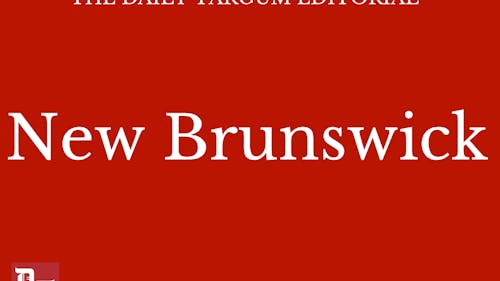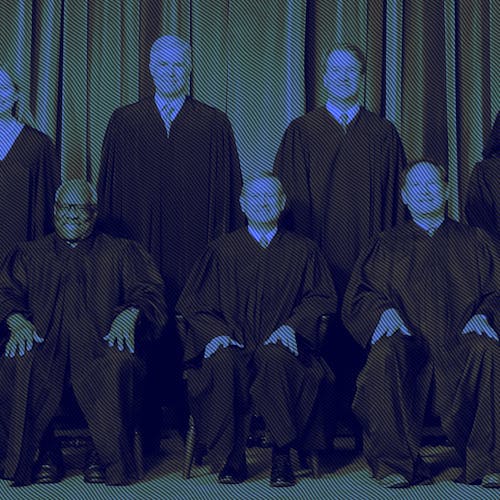EDITORIAL: Covering ground on local problems

Students don’t venture out of their collegiate bubble. Some think the off-campus neighborhoods are dirty or scary. They don’t know what goes on outside the realms of Rutgers’ territory, and they might not care.
New Brunswick may be a college town, but its parameters don’t end where the boundaries of the Cook/Douglass or the College Avenue campuses (Livingston and Busch are in Piscataway) lie. The city extends beyond Rutgers, but to the minds of many, New Brunswick is reduced to the campuses students inhabit and where they take classes.
And to their defense, they don’t necessarily have to care about events outside of their immediate Rutgers community. Students empty their pockets to pay hefty tuition in order to learn and do what the quintessential college student does, not to explore unknown territories and reflect on pervasive social issues off campus. Student disinterest in the affairs of the greater New Brunswick community are also compounded by the pull of stressors stemming from classes, extra-curricular activities, jobs, internships, social life and family life, so what goes on outside of Rutgers’ campus remains a low-priority.
Yet being a student requires a degree of social awareness not confined in a classroom and is instead enhanced by interaction and experience outside this traditional setting. College is where students cultivate values of civic engagement and social responsibility, and that learning doesn’t stop at the first-year orientations where there are skits about how to share a space with other New Brunswick residents — the real New Brunswick residents who stay for more than a span of four years and live there their whole lives.
But too many Rutgers students are too afraid to walk in the area between College Avenue and Douglass, they don’t try to taste affordable and authentic Mexican cuisine at the heart of New Brunswick and they avoid native New Brunswick residents. New Brunswick is a bustling community that faces its own set of political issues relevant to national discourse. Students make sure they stay on top of the current events in Syria, Washington D.C. or whatever’s happening in the remote places of the world, so why not care about what’s happening right next door?
NJ Advance Media is producing a series called “Death, discrimination and despair in N.J.’s temp industry,” which explores the lives of blue-collar temporary workers in the factories and warehouses proliferating in New Jersey, and many of these workers are notably denizens of New Brunswick. The temporary workers mentioned in the series are typically part of the Hispanic communities and some are undocumented, thereby vulnerable to abuse — complaining of low pay or no pay at all, unsafe working conditions and racial and gender discrimination. Examples of these job descriptions say, “No ghetto people allowed” or one that strictly advertises to either men or women, focusing on exploitative work based on gender. Moreover, the undocumented workers in the series pay taxes, but don’t receive the benefits of social security or other social safety that should return to them after the taxes they paid. Above all, workers are unwilling to report mistreatment because they fear deportation.
Rutgers does a good job with engaging with the community, with their volunteer groups working in the soup kitchen Elijah’s Promise or various community development programs. However, well-intentioned groups like Rutgers United Against Sweatshops focus on job exploitation in manufacturing work in faraway places like India or Bangladesh. But by focusing on issues abroad, they don't give as much attention to the same trope of issues happening here — as close as a 5-mile radius from campus.
Rutgers’ motto is “Jersey roots, global reach,” but more emphasis has been focused on the global rather than the local. Students don’t have to physically work out New Brunswick’s problems, but it’s critical that they are at least aware.
The Daily Targum's editorials represent the views of the majority of the 148th editorial board. Columns, cartoons and letters do not necessarily reflect the views of the Targum Publishing Company or its staff.



